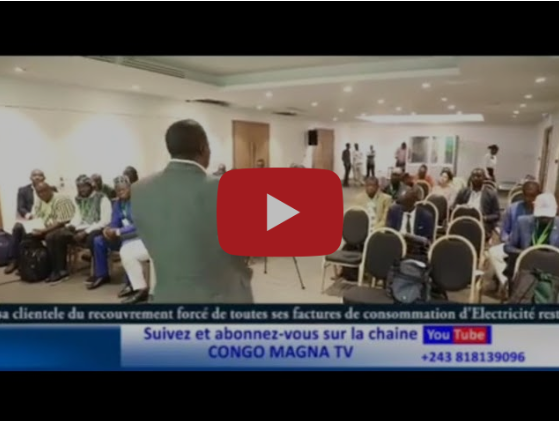With this as the goal, please do bookmark and join our upcoming events – all highly participatory. (We promise: No boring 🥱 PowerPoints. Engagement is what we love.)
EVENTS
Fundamentals of facilitation and stakeholder engagement
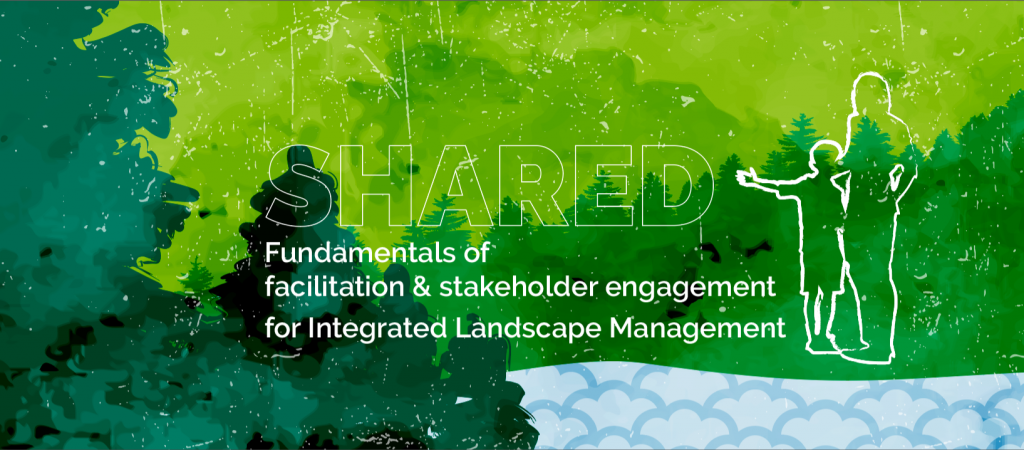
We see it time and again in Integrated Landscape Management: you’re wanting to tackle complex decisions but don’t have the tools or the training to support you. You’re wanting to shift towards more inclusive, inter-sectoral and inter-institutional integration in decision-making, but where to even begin?
Those who attended our Global Summit last year will recall the session in which Mieke Bourne and Friedah Wanda presented the SHARED approach. The feedback was clear: this is a useful approach and set of principles you can apply in your landscapes, not only for decision-making now, but as a legacy paradigm and process that will live on long after your project is over.
Intrigued and want to know more?
You are invited to join us via Zoom for a two-hour workshop on the fundamentals of stakeholder facilitation and engagement. Based on the SHARED Decision Hub framework.
🌏 SE Asian regional workshop
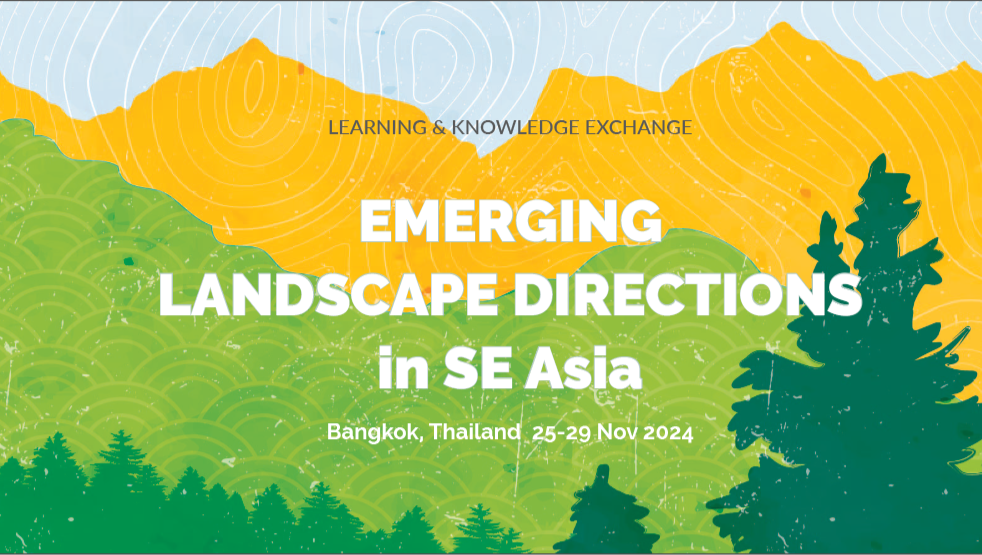
We invite staff from Southeast Asian integrated natural resource management initiatives – including staff from regional landscapes projects and organisations – to join us for a highly participatory workshop in which we gather practical experiences, identify success factors, explore barriers to integration and showcase SE Asian experiences.
Missed us in Kinshasa?
In June, we held a side-event to the Congo Basin Forest Partnership (CBFP) in Kinshasa, DRC, where we discussed Integrated Landscape Management as a solution , and launched our new Landscapes in Practice series. Couldn’t attend in person? Here’s a little wrap-up courtesy of one of the local television stations. (If your French – like so many of ours – doesn’t extend beyond ‘je t’aime’, don’t forget to activate subtitles in your language as you view the video. 😊)
KNOWLEDGE
New in our Landscapes in Practice series: Iterative learning & adaptation
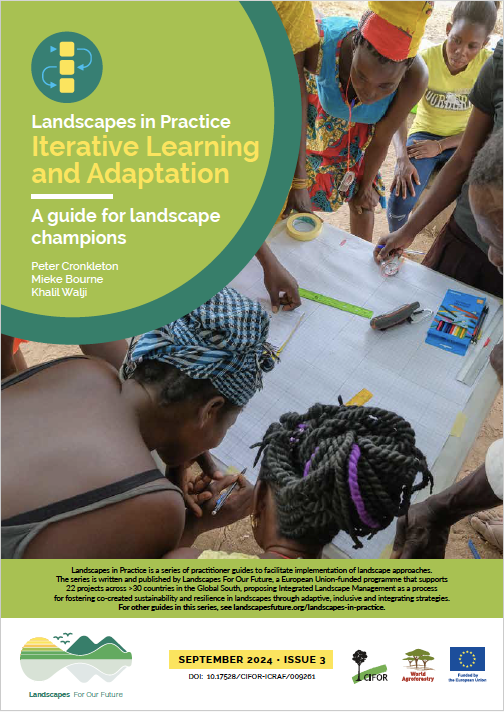
Integrated Landscape Management (ILM) entails dealing with complexity and uncertainty, of which the interests of diverse stakeholders are an important part. Management strategies such as Adaptive Management and Collaborative Management have emerged to address these challenges and have been operationalized as an approach called Adaptive Collaborative Management (ACM).
This Landscapes in Practice edition aims to offer an overview of the common themes and concepts across these approaches, identifying lessons and proposing ways in which they can contribute to an ILM process. It also synthesizes steps to incorporate iterative learning processes and adaptation into ILM-focused programmes and projects.
Ultimately, our goal is to explain key concepts and identify essential steps for practitioners who employ an ILM approach to develop the critical pillars of iterative learning and adaptation within their project cycle.
REFLECTIONS FROM THE FIELD
From conflict to collaboration through inclusive landscape governance: evidence from a contested landscape in Ghana
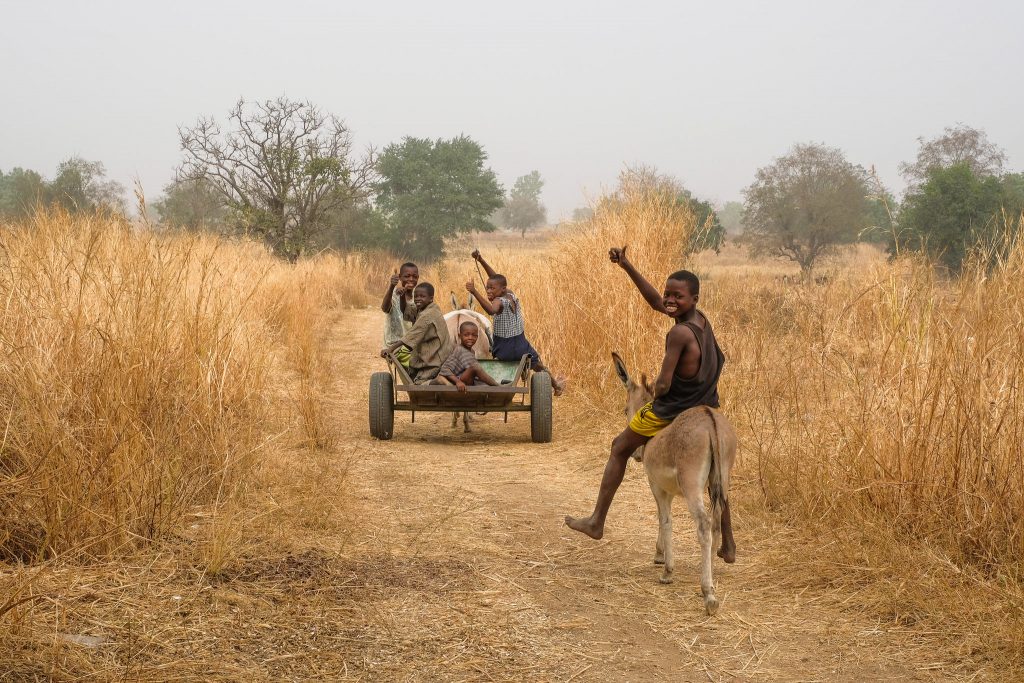
In this new paper, our colleague James Reed and his fellow authors describe an engagement and visioning experience in Northern Ghana that holds lessons for ILM practitioners in so many of our landscapes.
“Despite the contested nature of land and natural resource use, stakeholders were able to agree on specific issues of common concern and an idealized shared vision of a future landscape… We expect that the theory of change model and recommendations within can inform the development of a sustainable landscape management plan and future evidence-based policy,” write the authors.
We’d love to hear your thoughts and feedback. Have you read and used any of the Landscapes in Practice series of publications? Do you have learning requests or success stories to share? Let’s keep the conversations flowing: add your comments in our WhatsApp community of practice. – Kim and the Central Component


